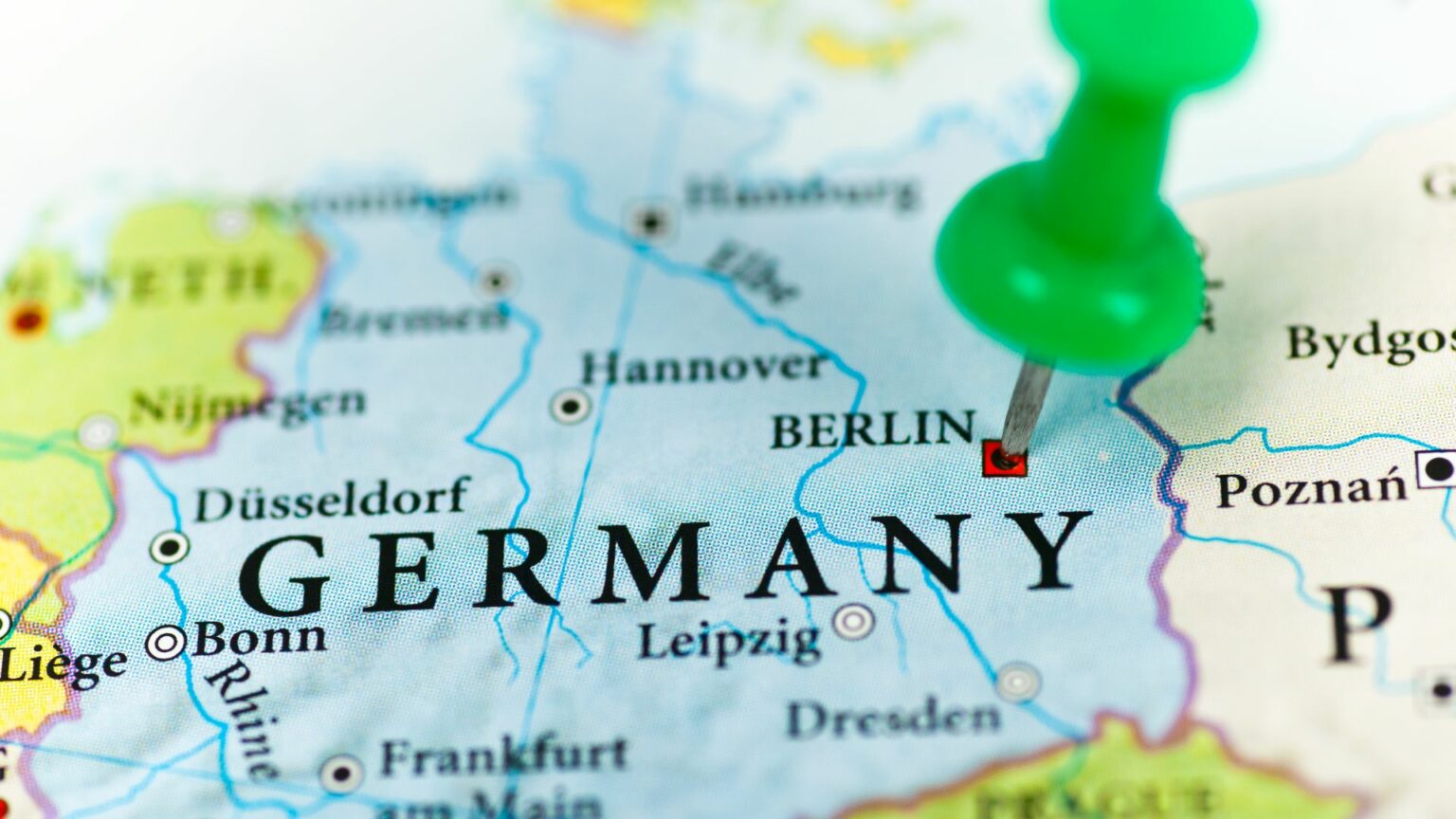Germany is making a significant investment in its energy future by committing €24 billion to develop a national hydrogen network.
The initiative, supported by KfW Development Bank, aims to address the high initial costs and lower early-stage revenues that network operators face.
The German hydrogen plan includes the construction of a 9,000 km network by 2032, with approval from the Federal Network Agency. This includes using existing gas pipelines and building new lines to connect various production sites, import locations, and industrial centers. The design aims to guarantee users affordable access through capped initial network fees.
KfW’s substantial loan will fund an amortization account to counterbalance any financial deficits encountered by network operators. This account will eventually be replenished when network fees bypass operational costs. Stefan Wintels, CEO of KfW, emphasizes the importance of this financing in facilitating Germany’s transition to hydrogen energy, particularly benefiting energy-intensive sectors.
